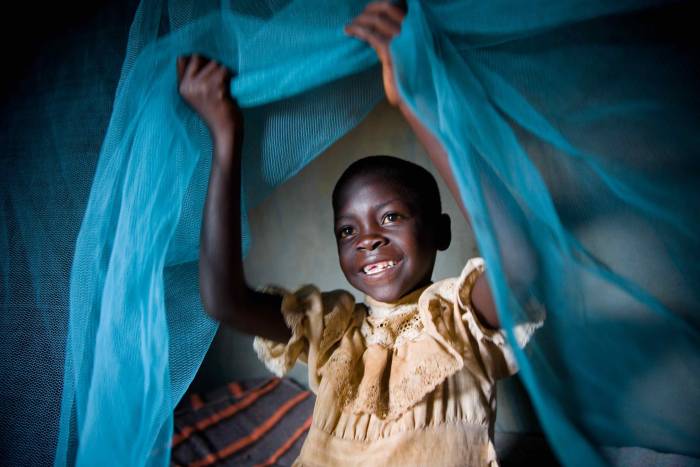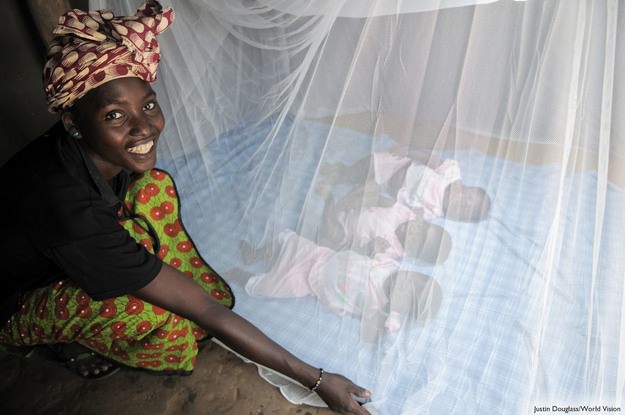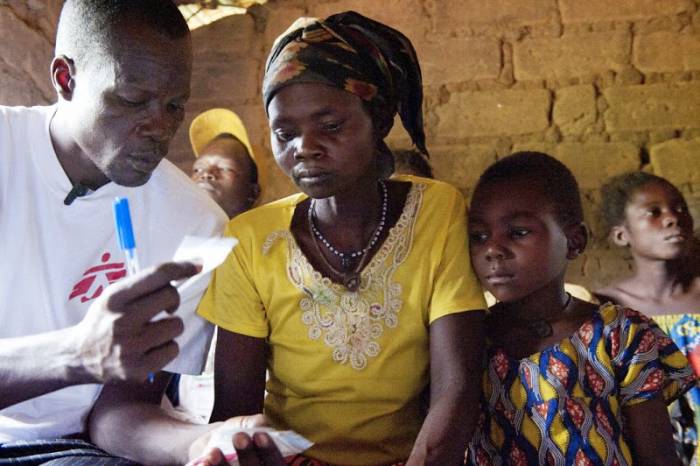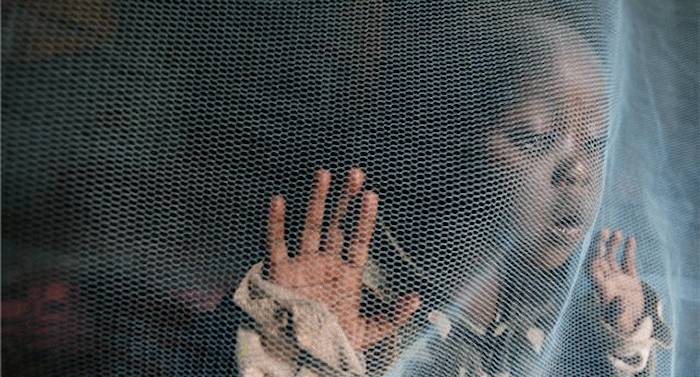
source
A recent report published in Nature journal shows that since the year 2000, almost 700 million cases of malaria have been prevented in Africa alone – the number of people infected fell by half. Furthermore, the World Health Organization and UNICEF say that across the globe, the death rates have decreased by 60%. This means that in the last 15 years, over 6 million lives were saved from the deadly disease.
What has changed?
The biggest reason for the decline is the consistent use of bed nets; that accounted for 68% of the decline in cases. Another 22% was due to the treatment artemisinin and the final %10 was attributed to spraying homes with insecticide. The study shows that 13 countries that had malaria outbreaks in 2000 had no reported cases in 2014. Another six countries had significantly less cases.

{adinserter CNP5}
There is a lot of optimism
Clearly, the recent methods are working wonders. It shows that preventing and treating malaria is possible and the world funders and governments need to stay on this path to ensure more lives are not lost: several African countries are planning to completely eliminate the disease by 2020.
One of the report researchers, Dr Samir Bhatt, says “It’s just phenomenal. Just by putting in these interventions you’ve managed to save all these cases, 700 million is a huge number and that’s the reality of what happened and that’s why it’s such an optimistic message.”

The battle is not over yet
Even though the infection and death rates are declining, Africa still has the most cases out of any other place in the world, with 80% of cases and 78% of deaths occurring within the continent. Malaria especially affects young children; it is widely believed that a child dies from malaria every minute in Africa. And the disease can return with a vengeance if the prevention methods are not dutifully followed. The improvement rates are already slipping behind when they should be improving. Until 2011 cases were declining by 9% a year; now it is only falling 5% a year.

Work still needs to be done
Any budget cuts for the prevention efforts would severely affect countries’ ability to combat the disease. If people stop spraying their homes with insecticide, malaria will spread again very quickly. Another worry is drug resistance from mosquitoes. Dr Bhatt says “We need to really be careful that we don’t start reducing the number of interventions and keep driving forwards. We need to keep redoubling efforts.”

SEE ALSO: The World’s First Malaria Vaccine Passed A Big Milestone.







